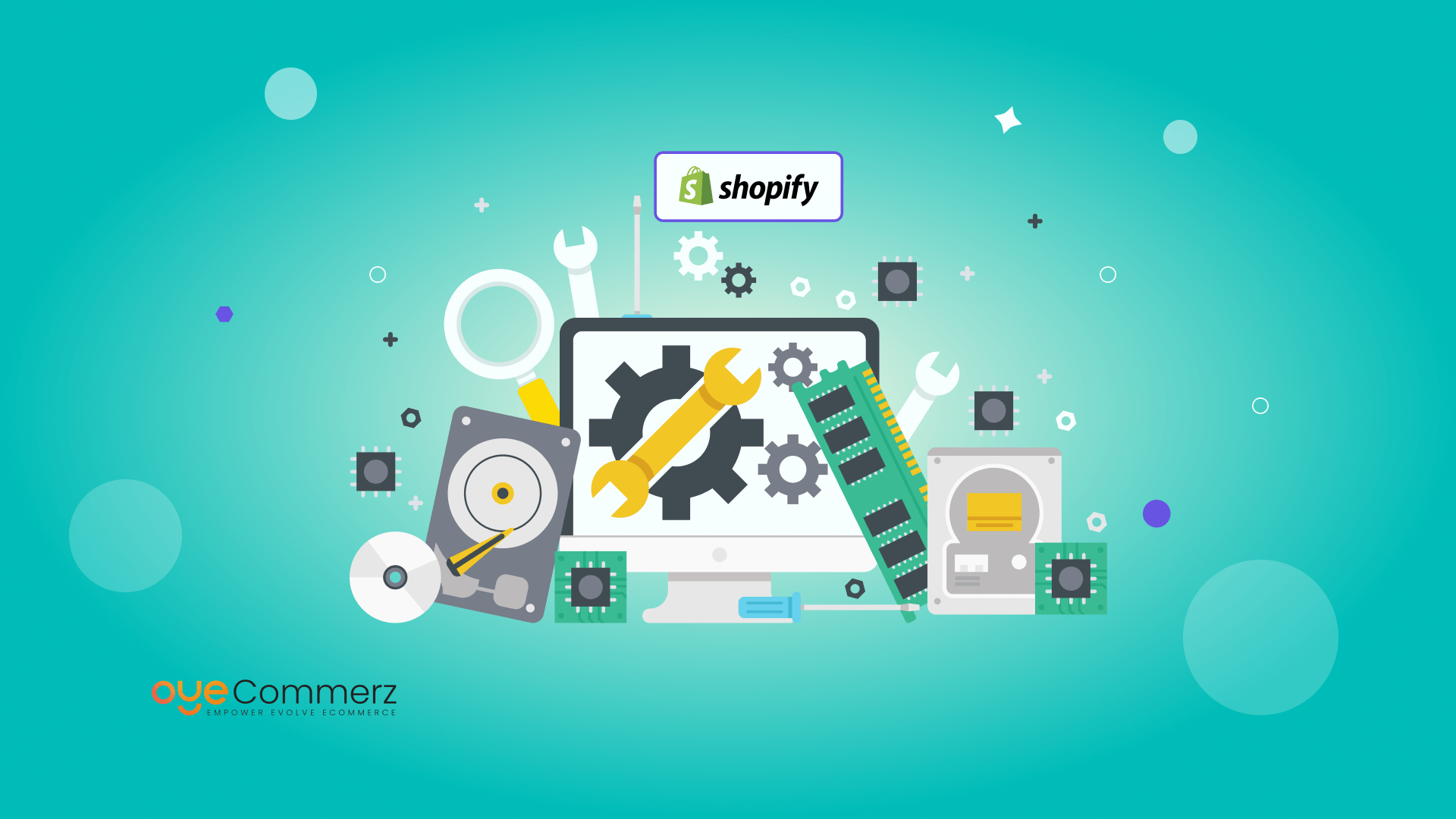Introduction
In the current cutthroat e-commerce environment, standing out is essential, and one of the best ways to set apart a Shopify store is through custom app creation. A robust Shopify app can enhance store functionality, simplify processes, and boost customer engagement. This guide explores essential aspects of Shopify app development, covering API integration and app ecosystem to growth techniques and digital marketing approaches, offering a roadmap for businesses seeking superior store performance.
Why Shopify API Integration Matters
Shopify’s API provides powerful tools to personalize and expand store functionalities. With the GraphQL and REST API options, developers can retrieve information to create apps that handle inventory management, order processing, and customer information management seamlessly. Using Shopify’s API can lead to better workflow automation and enables stores to assist shoppers more effectively.
Adopting the Polaris Design System
Shopify’s Polaris is Shopify's set of design guidelines for designing user-friendly and accessible Shopify apps. By adhering to Polaris principles, developers guarantee that apps integrate smoothly within the Shopify Admin experience. This ensures a cohesive look and feel that resonates with Shopify merchants, promoting ease of use and familiarity for merchants utilizing your custom app.
Understanding the Shopify App Ecosystem
The Shopify app ecosystem provides numerous opportunities for enhancing e-commerce sites. From handling order fulfillment to increasing customer interaction, apps in this environment are tailored to meet diverse business needs. Learning about this system assists developers in identifying unique app opportunities and enables seamless integration of third-party services that add value to the store.
Building Embedded Shopify Apps
Embedded apps work seamlessly within the Shopify Admin, allowing a seamless experience for merchants. They ensure that merchants don’t have to navigate away from their Shopify control panel, simplifying their process. Using Shopify App Bridge and embedded app features is a best practice for providing a cohesive, well-integrated user experience.
Using Node.js and React for Shopify Apps
Node.js and React have become top options for Shopify app creation. Node.js enables efficient server-side applications, while React allows for interactive and adaptive front-end user interfaces. Together, they provide an excellent framework for building fast, growth-ready Shopify apps that enhance store functionality and customer interaction.
Utilizing Webhooks in Shopify Development
Webhooks enable instant data updates between Shopify and an outside application. They trigger events such as new orders or stock changes and provide immediate alerts to your app. By implementing webhooks, apps can deliver real-time information to store owners, streamlining workflows and increasing productivity.
Engaging Customers Through Digital Marketing for Shopify Apps
To make a Shopify app successful, engaging customers is crucial. Utilizing online marketing techniques like SEO, email marketing, and social outreach can increase app usage. Additionally, designing apps with customer engagement in mind (e.g., loyalty programs or personalized suggestions) boosts user retention and loyalty.
Making Your Shopify App Scalable
As e-commerce stores expand, Shopify API integration so do their technological needs. Making sure that your app can manage higher usage, larger databases, and more advanced functionalities is essential. By optimizing server resources and implementing scalable solutions, you Empower your Shopify ecosystem can develop apps that grow in parallel to a store’s growth.
Important Features and Maintenance Tips for Shopify Apps
For an app to be useful, it should include essential features like user authentication, analytics dashboard, and support channels. Ongoing app maintenance, including updates to fix bugs and compatibility checks with new Shopify features, is important to ensure continuous operation and prevent disruptions to business processes.
Summary
Custom Shopify app development holds vast potential for e-commerce businesses, providing the chance to enhance performance, simplify operations, and foster customer loyalty. From integrating APIs to ensuring scalability and customer engagement, creating a Shopify app involves thoughtful preparation and strategic execution. If you’re prepared to unlock your store’s full potential, a tailored Shopify application may be the perfect solution. What features do you envision for your ideal app? Share your ideas and take the first step toward an enhanced e-commerce experience!
